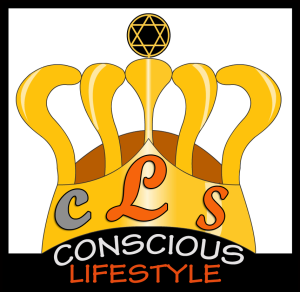Blog
Nicolaitans What Is the Origin of the Nicolaitans (Revelation 2:6, 15)?
Employment – What is employment
Employment is an act or instance of employing someone or something.
12 twelve systems representing the twelve hebrew months:
There are twelve systems in government, which corresponds to the twelve hebrew months…Read more…
Social organizations may be seen online in terms of communities. The online communities show patterns of how people would react in social networking situations. The technology allows people to use the constructed social organizations as a way to engage with one another without having to physically be in the same place. Looking at social organization […]
In sociology, a social organization is a pattern of relationships between and among individuals and social groups. Behaviors or characteristics of the people that live in a given region or society. The state in which people who live in a community socialize, and as a result; their socializing transforms into organizations or groups that gets together to share their similar interests. […]
The Master of Business Administration (MBA or M.B.A.) is a master’s degree in business administration (management). The MBA degree originated in the United States in the early 20th century when the country industrialized and companies sought scientific approaches to management. The core courses in an MBA program cover various areas of business such as accounting, applied statistics, business communication, business ethics, business law, finance, managerial economics, management, marketing and operations in a manner most relevant to […]
A Bachelor of Commerce (baccalaureates commercii, abbreviated B.Com. or B.Comm.) is an undergraduate degree in commerce (or business) and related subjects, usually awarded in Canada, Australia, India, Ireland, New Zealand, Pakistan, South Africa and other Commonwealth countries; however, the degree is no longer offered in the United Kingdom. The Bachelor of Commerce degree is designed to provide students with a wide range of managerial skills, while building competence in a particular area of business (see below). Most universities, therefore, […]
Sophronius (c. 560 – March 11, 638; Greek: Σωφρόνιος) was the Patriarch of Jerusalem from 634 until his death, and is venerated as a saint in the Eastern Orthodox and Catholic Churches. He has been claimed to be of Byzantine Greek, as well as of Syriac descent. A teacher of rhetoric, He died soon after the fall of Jerusalem to the caliph Umar I in 637, but not before he had negotiated the recognition […]
The Apostolic Age of the history of Christianity is traditionally regarded as the period of the Twelve Apostles, dating from the Great Commission of the Apostles by the risen Jesus in Jerusalem around 33 AD until the death of the last Apostle, believed to be John the Apostle in Anatolia c. 100. Traditionally, the Apostles are believed to have dispersed from Jerusalem, founding the Apostolic Sees. It holds special significance in Christian tradition as […]
